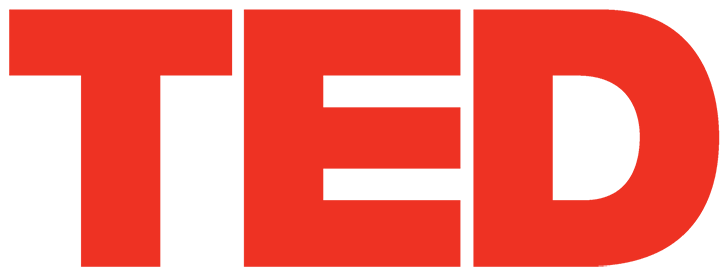
We’ve all experienced that dreaded pharmacy run when you need to fill a prescription and you expect it will take no more than 20 minutes and it ends up taking over an hour…meanwhile your smartphone is about to run out of battery. How will you fill the time? The horror! Well never fear, these new healthcare related startups are addressing the pain factor of going to the pharmacy with their new app, as well as ways to ensure you take your medication on time.
Check out Wired Magazine’s full article, Pharmacies Are Awful – But These Startups Could Fix Them. Below we’ve extracted some key information from the article for your reading pleasure.
Soon you’ll be able to use an app, or a slick chat interface, or pill bottles with sensors. Those are the kinds of things two startups—Capsule and Round Refill from Circadian Design—are working on. Both companies also deliver prescriptions, and their approach could save billions in healthcare costs.
The key to that savings lies in cracking medication non-adherence, which can be intentional (patients deliberately skip medication for logistical or financial reasons) and unintentional (they forget). According to a study led by Seth Heldenbrand at the University of Arkansas, half of all US adults fail to take meds when they’re supposed to.
Rather than invest in physical locations, Capsule CEO Eric Kinariwala decided to bulk up on software, and hired the former head of mobile engineering at Foursquare to build a clever inventory management system that uses customer demographics, seasonal factors, doctor input, and information about commonly combined medications to ensure that Capsule’s fulfillment center in Manhattan always has the right meds in stock. If Capsule works as promised, getting a prescription filled will feel less like Rite-Aid and more like Uber.
Circadian Design, on the other hand, is targeting unintentionally non-compliant patients. Its “smart bottle” has a silver dollar-sized circuit board, accelerometer, Bluetooth module, and several LEDs. The hardware, which costs you $10 a month, communicates with an app that tracks your prescription. A ring of blue lights provides what product head Matt Crowley calls a passive but persistent reminder to take your meds.
Capsule and Circadian aren’t the only companies rethinking the pharmacy model. PillPack mails individual packets of daily medications. PillDrill monitors prescription levels and monitors patient adherence using RFID technology. Designers love the idea of rethinking the drugstore experience—especially in a time when basic services are becoming increasingly streamlined.
If you liked this article you might also enjoy reading, How to be Assertive, well – 5 Tips to Stay on Top Without Stepping on Toes.

